In this blog post, I will discuss PMI-RMP Exam requirements, i.e., the PMI-RMP certification exam eligibility criteria.
The PMI-RMP stands for Project Management Institute—Risk Management Professional. The Project Management Institute (PMI) awards this certification to professionals who have passed the PMI-RMP certification exam.
This is a desirable certification for risk management, and it helps you grow your career. On job portals, you can see that many employers have made the PMI-RMP certification a prerequisite for risk management jobs.
Therefore, you need to understand the PMI-RMP eligibility requirements to determine whether you can take the exam.
PMI-RMP Exam Requirements
To apply for the PMI-RMP exam, you must fulfill three eligibility requirements:
- Educational Qualification
- Project Risk Management Experience
- Training
PMI-RMP Requirement #1 – Educational Background
To apply for the PMI-RMP certification exam, you must possess any of the below educational qualifications:
- A secondary diploma (high school diploma, associate degree, or global equivalent)
- Four-year degree (Bachelor’s degree or global equivalent)
- Bachelor’s or post-graduate degree from a GAC accredited program (Bachelor’s or Master’s degree or global equivalent)
This degree or diploma can be in any discipline.
PMI-RMP Requirement #2 – Project Risk Management Experience
If you have a secondary diploma, you should have at least 36 months of experience in the specialized area of professional project risk management within the last five years.
Or
If you have a 4-year degree or its international equivalent, you should have at least 24 months of experience in the specialized area of professional project risk management within the last five years.
Or
If you have a Bachelor’s or post-graduate degree from a GAC accredited program, you should have at least 12 months of experience in the specialized area of professional project risk management within the last five years.
Please note that the risk management experience should be non-overlapping, unique, and earned during the last five consecutive years.
You should have this experience in all five risk domains of a project: risk strategy and planning, stakeholder engagement, risk process facilitation, risk monitoring & reporting, and performing specialized risk analyses.
If you lack experience in any process group, you cannot apply for the PMI-RMP certification exam.
PMI-RMP Requirement #3 – Training
This is the last PMI-RMP eligibility condition.
You must attend a formal risk project management training of 30 or 40 contact hours.
The training requirement is 40 hours if you have a secondary diploma. It is 30 hours if you have a Bachelor’s degree or above.
In PMI-RMP training, you will learn risk project management concepts, tools, and techniques. This training should be aligned with the latest version of the PMI-RMP exam content outline.
Training providers use different mediums, such as online, live classes, hybrid, and virtual live classes. However, online training is the most affordable and easy to attend.
If you are looking for a training program to help you prepare for the PMP exam with minimal effort while providing the required contact hours, you can join my PMI-RMP Training Program.
So, these are the three eligibility requirements for the PMI-RMP certification exam.
PMI-RMP Requirements FAQ
I receive many questions regarding the PMI-RMP eligibility requirements. I clarified many questions in this post, but a few other queries need to be addressed separately.
#1: Only Authorized Training Partners (ATP) or Registered Education Providers (REPs) Can Provide the 35 Contact Hours of Training.
This is not correct.
There are seven ways to earn PMI-RMP contact hours. These methods are as follows:
A. PMI Registered Education Providers (REPs)
B. PMI Approved Training Providers (ATPs)
C. PMI chapters*
D. Employer/company-sponsored programs
E. Training companies or consultants (e.g., training schools)
F. Distance-learning companies, including an end-of-course assessment
G. University/college academic and continuing education programs
*Please note that the following do not count toward your contact hours:
- PMI chapter meetings
- Self-directed learning (e.g., reading books, watching instructional videos, or sessions with coaches or mentors)
#2: The PMP Certificate is Only for IT Professionals.
Many professionals think that PMI-RMP certification is only useful for the IT industry.
The PMI-RMP certificate is industry independent, and the project management principles provided in the PMBOK Guide apply to all industries.
You can apply for the PMI-RMP exam, regardless of your working area, as long as you fulfill the PMI-RMP eligibility requirements.
#3: Is it Required to be a PMP to Apply for the PMI-RMP exam?
No.
Both certifications are independent, and you can apply for the PMI-RMP exam without having the PMP certification.
Summary
The PMI-RMP certification is for professionals with experience in risk management who want to excel in their careers. If you fulfill the PMI-RMP eligibility requirements, I recommend applying for the exam to become more employable.
Are you still uncertain if you fulfill the PMI-RMP certification exam requirements? Share your concerns in the comments section, and I will be happy to reply.

I am Mohammad Fahad Usmani, B.E. PMP, PMI-RMP. I have been blogging on project management topics since 2011. To date, thousands of professionals have passed the PMP exam using my resources.

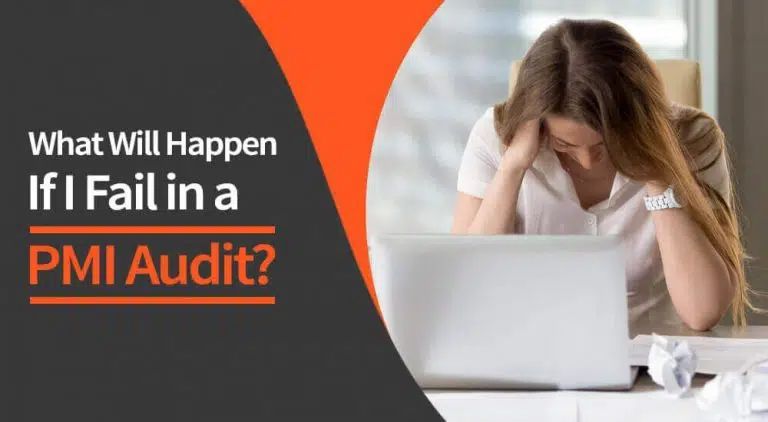

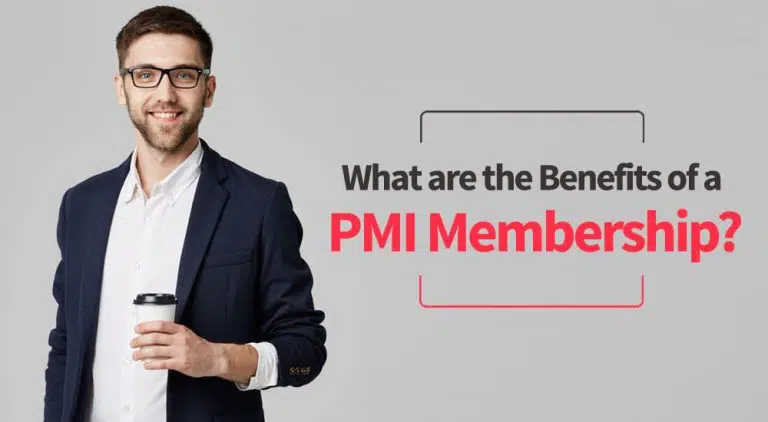
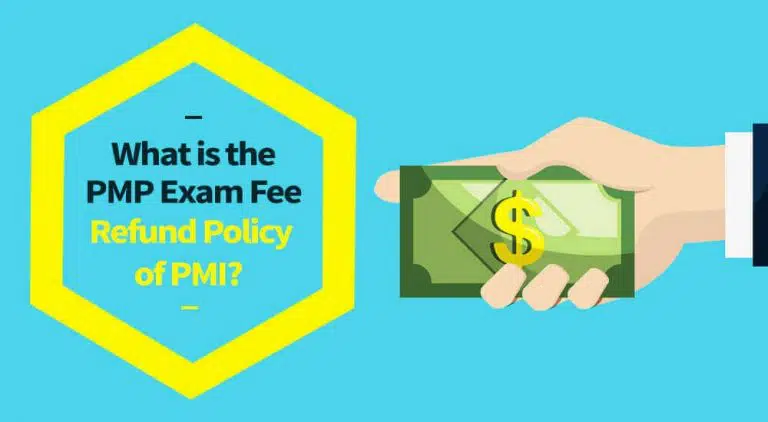
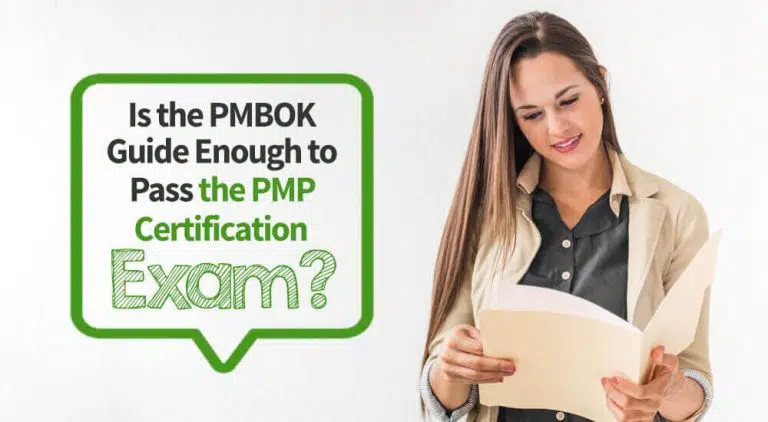
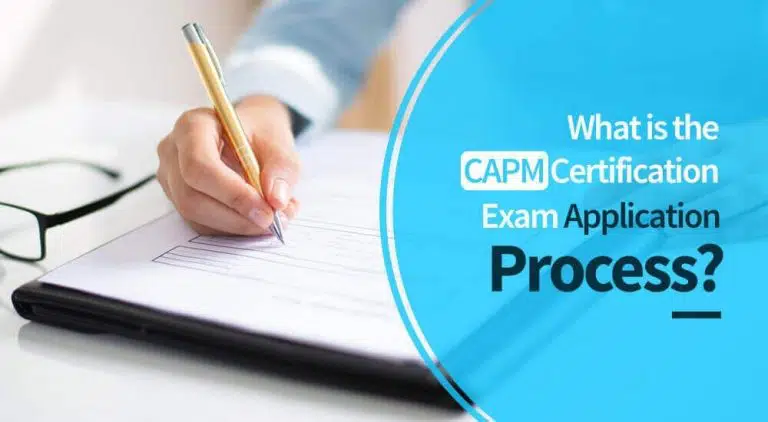
Dear Fahad, Assalmoalikum, I have read this article and would love to go for PMI-RMP exams. I am an MBA in Project Management and have over 10 years of experience in delivering projects for Multi National Organizations.
Kindly share contact details such that I may share you a set of questions for preparing for this exam.
best regards,
Yasir Afzal Rajput
[email protected]
+92300-2121214